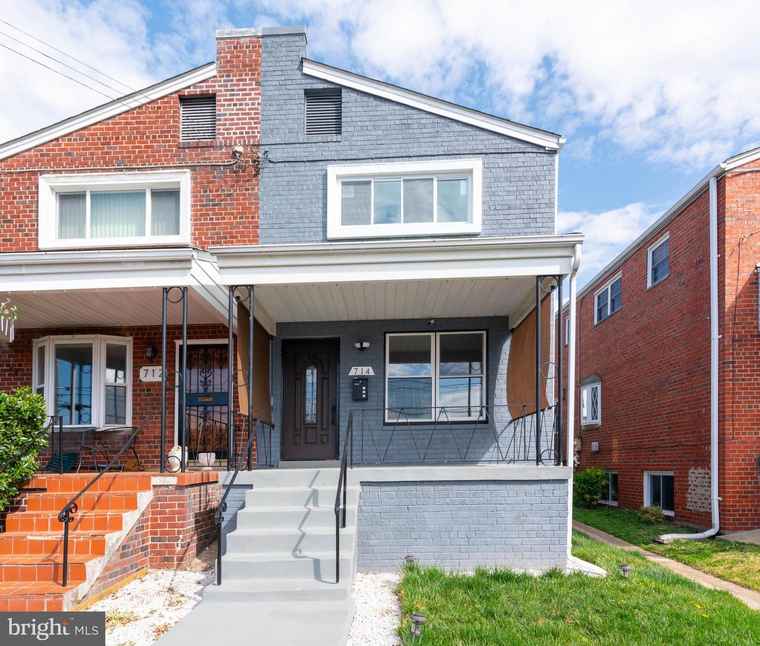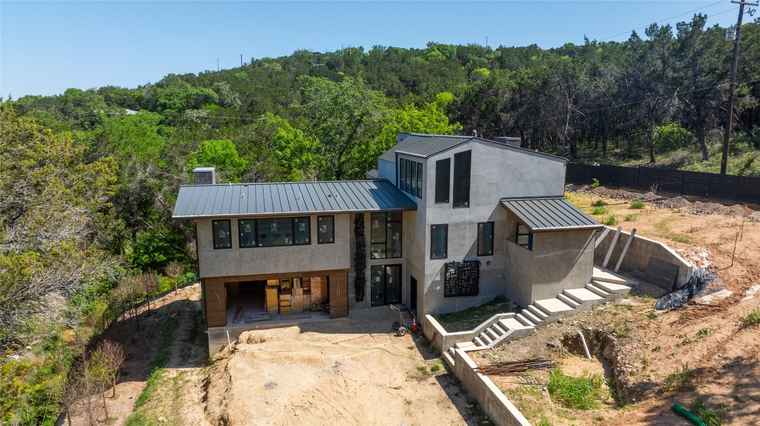I remember when we bought our condo, we thought it had a pristine history in the mold and termite department. Our inspector found everything checked out, no inkling of past issues. And what did we later find out? Our unit was involved in a lawsuit with the HOA regarding a huge mold issue in the bathroom. The brand new bathroom was not a result of the previous owners wanting to fix up the place, but a mold issue that forced the entire bathroom to be gutted. The documents we later found from the HOA appear that the issue was completely resolved and the mold issue was mitigated. So, if it was indeed resolved and no longer an active mold issue, was it okay for the sellers not to have told us? In other words, what do you have to/not have to disclose to buyers?

I thought this topic would make a nice second issue in my series on tips for sellers (New Year’s Resolution: Sell My House). When I set out trying to get an answer to this question , I thought it would be relatively easy. Not the case. Most reference materials tell you to consult your real estate expert or attorney, and all disclosure requirements vary by state. I guess everyone is afraid of getting sued by providing too much advice. Here are the top references I found to help you, the seller, navigate down this topsy-turvy path. The bottom line? If you are aware of it as a current issue, disclose it. This goes for asbestos, mold, ghosts, and deaths in addition to many, MANY other issues. For issues that have been resolved, it is more of a call by you and your “advisors”.
Required Disclosures When Selling Real Estate: Provides a quick listing of the California requirements. You are only required to disclose that of your personal knowledge. “California sellers must fill out and give the buyers a disclosure form listing a broad range of defects — such as a leaky roof, deaths that occurred within three years on the property, neighborhood nuisances such as a dog that barks every night, and more. In addition, California sellers must disclose potential hazards from floods, earthquakes, fires, environmental hazards, and other problems, in a Natural Hazard Disclosure Statement. California sellers must also alert buyers to the availability of a database maintained by law enforcement authorities on the location of registered sex offenders.”
Disclosure: What Sellers Need to Know: Outlines the certain hazardous materials you must disclose if you aware of them in your home.
Do You See Dead People? Disclose It: Recommends disclosing any hauntings in your house or else pay a price in a costly lawsuit later. Also, “In California… the law says you don’t have to disclose a death that occurred more than three years before the sale.”
What Should You Disclose To Potential Buyers?: Q&A about having to disclose asbestos. Hints to the idea that you do not need to disclose if it’s removed and taken care of.
Recent Sweet Digs Posts:
We’re In Trouble ………… Hunker Down
The Old and the New in Santa Ana: A Market Check
Rent Versus Buy in Tustin Ranch


















